water heater source for 4000 sq. foot house?
rockybird
12 years ago
Featured Answer
Sort by:Oldest
Comments (15)
Billl
12 years agoionized_gw
12 years agoRelated Professionals
Springdale Handyman · Adelphi Kitchen & Bathroom Remodelers · Glade Hill Kitchen & Bathroom Remodelers · Beaverton Kitchen & Bathroom Remodelers · Eureka Kitchen & Bathroom Remodelers · Fairland Kitchen & Bathroom Remodelers · Gardner Kitchen & Bathroom Remodelers · Gilbert Kitchen & Bathroom Remodelers · Lincoln Kitchen & Bathroom Remodelers · Newberg Kitchen & Bathroom Remodelers · Red Bank Kitchen & Bathroom Remodelers · Shawnee Kitchen & Bathroom Remodelers · South Park Township Kitchen & Bathroom Remodelers · Fairmont Kitchen & Bathroom Remodelers · Palestine Kitchen & Bathroom RemodelersBilll
12 years agoweedmeister
12 years agorockybird
12 years agobeth4
12 years agoweedmeister
12 years agorockybird
12 years agoionized_gw
12 years agorockybird
12 years agobeth4
12 years agorockybird
12 years agoionized_gw
12 years agoweedmeister
12 years ago
Related Stories

GREAT HOME PROJECTSHow to Switch to a Tankless Water Heater
New project for a new year: Swap your conventional heater for an energy-saving model — and don’t be fooled by misinformation
Full Story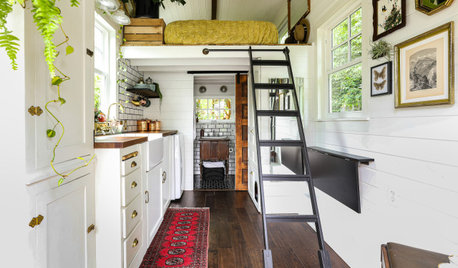
HOUZZ TOURS175-Square-Foot House Is Small in Scale and Big on Style
See how salvaged materials and eclectic decor make this designer’s personal home in Portland, Oregon, feel cozy and warm
Full Story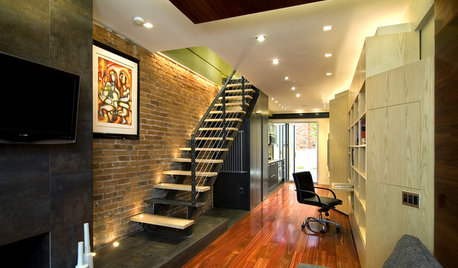
HOUZZ TOURSDesign Lessons From a 10-Foot-Wide Row House
How to make a very narrow home open, bright and comfortable? Go vertical, focus on storage, work your materials and embrace modern design
Full Story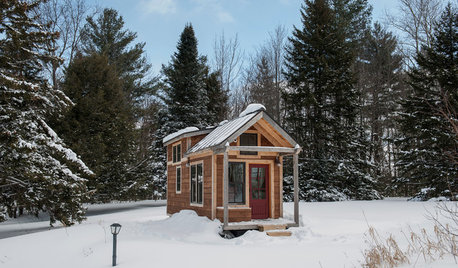
TINY HOUSESHouzz Tour: A Custom-Made Tiny House for Skiing and Hiking
Ethan Waldman quit his job, left his large house and spent $42,000 to build a 200-square-foot home that costs him $100 a month to live in
Full Story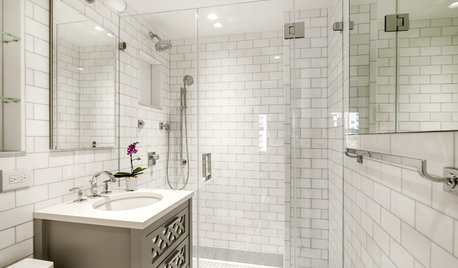
BATHROOM WORKBOOK5 Ways With a 5-by-8-Foot Bathroom
Look to these bathroom makeovers to learn about budgets, special features, splurges, bargains and more
Full Story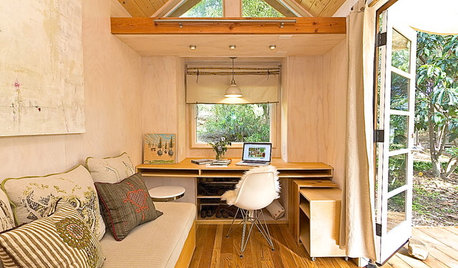
TINY HOUSESHouzz TV: Step Inside One Woman’s 140-Square-Foot Dream Home
You may have seen the story on Houzz — now check out the video tour of Vina Lustado’s warm and welcoming tiny house
Full Story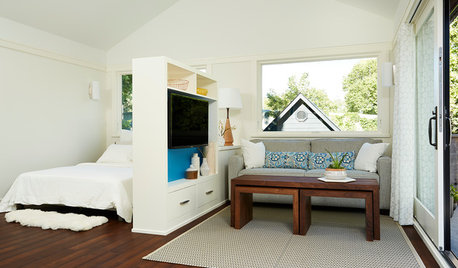
SMALL SPACESHouzz Tour: 380-Square-Foot Loft Doesn’t Waste an Inch of Space
This above-garage loft in Minneapolis serves as a guest house for mom, a rental unit and a temporary home for its owner
Full Story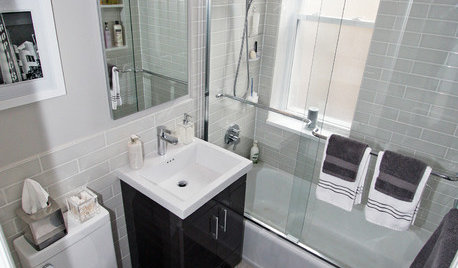
BATHROOM DESIGNWater Damage Spawns a Space-Saving Bathroom Remodel
A game of inches saved this small New York City bathroom from becoming too cramped and limited
Full Story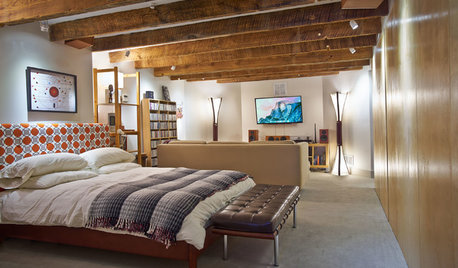
BASEMENTSRoom of the Day: Swank Basement Redo for a 100-Year-Old Row House
A downtown Knoxville basement goes from low-ceilinged cave to welcoming guest retreat
Full Story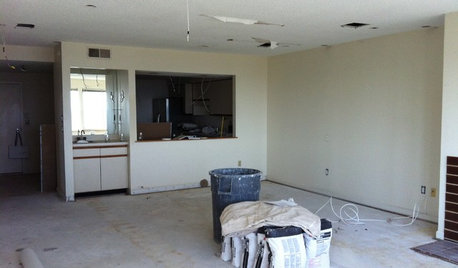
DISASTER PREP & RECOVERYRemodeling After Water Damage: Tips From a Homeowner Who Did It
Learn the crucial steps and coping mechanisms that can help when flooding strikes your home
Full Story




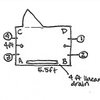
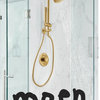
rockybirdOriginal Author